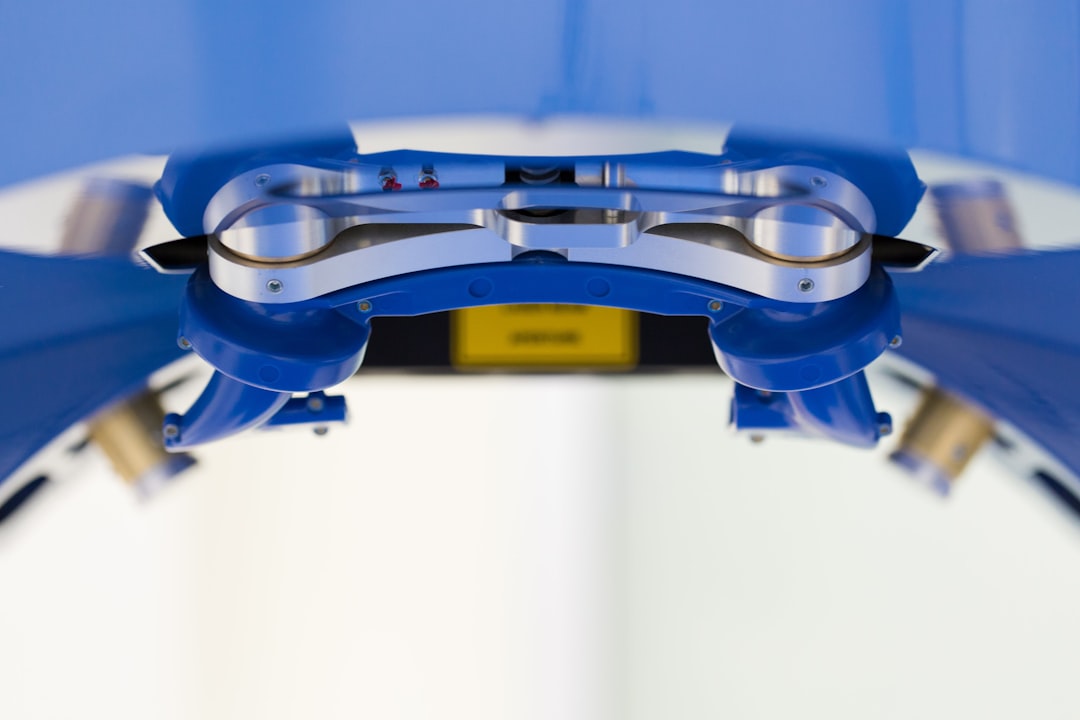Thinking about becoming an eye doctor but not sure you want to go the traditional MBBS route? Good news! There are definitely pathways to a rewarding career in eye care after your 12th grade, even without an MBBS degree. Let’s explore how!
Understanding the Role of an Eye Doctor (Without MBBS)
Okay, first things first. When we talk about eye doctors without MBBS, we’re generally referring to optometrists and ophthalmic assistants/technicians. While they both work in eye care, their roles and the education needed are different.
- Optometrists: These are primary eye care providers. They examine your eyes for vision problems and diseases, prescribe glasses and contacts, and can often treat certain eye conditions with medication. They do require a specific degree, the Doctor of Optometry (OD).
- Ophthalmic Assistants/Technicians: They work closely with optometrists and ophthalmologists (MD eye doctors). They help with patient exams, take measurements, administer tests, and assist with minor procedures. The education for this role is usually a diploma or associate’s degree.
The Path to Becoming an Optometrist (OD) After 12th
While you don’t need an MBBS, becoming an optometrist is still a significant educational journey. Here’s what the typical route looks like:
- Complete Your 12th Grade (Science Stream): Make sure you focus on subjects like Physics, Chemistry, and Biology. These are crucial for your future studies.
- Bachelor’s Degree (Pre-Optometry): You’ll need a bachelor’s degree before you can apply to optometry school. Common choices include:
- Bachelor of Science (BSc) in Optometry: This is the most direct route, specifically designed to prepare you for optometry school.
- BSc in Biology, Chemistry, or related fields: These degrees provide a strong foundation in the sciences required for optometry.
- Doctor of Optometry (OD) Degree: This is a four-year professional degree program. You’ll learn about:
- Eye anatomy and physiology
- Vision science
- Diagnosis and treatment of eye diseases
- Prescribing glasses and contact lenses
- Licensing: After graduating with your OD degree, you’ll need to pass a licensing exam to practice optometry in your state or country.
The Path to Becoming an Ophthalmic Assistant/Technician After 12th
This path is generally shorter than becoming an optometrist, making it a good option if you want to enter the eye care field sooner.
- Complete Your 12th Grade: A science background is helpful but not always required.
- Ophthalmic Assistant/Technician Program: Look for accredited programs at vocational schools, community colleges, or hospitals. These programs typically last from a few months to two years.
- Certification (Optional but Recommended): You can become certified as an ophthalmic assistant (COA), ophthalmic technician (COT), or ophthalmic medical technologist (COMT) through organizations like the Joint Commission on Allied Health Personnel in Ophthalmology (JCAHPO). Certification can boost your job prospects and earning potential.
Skills You’ll Need in Eye Care
Regardless of which path you choose, certain skills are important for success in eye care:
- Communication Skills: You’ll need to explain complex information clearly to patients.
- Attention to Detail: Accuracy is crucial when taking measurements and administering tests.
- Problem-Solving Skills: You’ll be helping patients with a variety of vision problems.
- Empathy and Compassion: Patients may be anxious about their eye health.
- Technical Skills: You’ll be using a variety of equipment.
Pros and Cons of Each Path
Optometrist (OD)
- Pros: Higher earning potential, greater autonomy in practice, ability to diagnose and treat a wider range of eye conditions.
- Cons: Longer and more expensive education, higher levels of responsibility.
Ophthalmic Assistant/Technician
- Pros: Shorter and less expensive education, faster entry into the workforce, opportunities to work closely with patients and doctors.
- Cons: Lower earning potential, less autonomy, more limited scope of practice.
Frequently Asked Questions
What is the difference between an optometrist and an ophthalmologist?
An optometrist (OD) provides primary eye care, including eye exams, vision correction, and diagnosis/treatment of some eye diseases. An ophthalmologist (MD) is a medical doctor specializing in eye care. They can perform surgery, treat complex eye diseases, and provide comprehensive eye care.
Can I specialize as an optometrist?
Yes! After completing your OD degree, you can pursue residency programs to specialize in areas like pediatrics, geriatrics, contact lenses, or ocular disease.
Is it a good career choice?
Eye care is a growing field, and both optometrists and ophthalmic assistants/technicians are in demand. If you’re passionate about helping people see their best and have the skills mentioned earlier, it can be a very rewarding career.
What are the job prospects like?
The job market for both optometrists and ophthalmic medical personnel is generally good. Factors like an aging population and increasing rates of eye diseases contribute to the demand for eye care professionals.
Choosing a career path in eye care after 12th grade without an MBBS is entirely possible. Whether you pursue optometry or become an ophthalmic assistant/technician, you’ll be making a positive impact on people’s lives by helping them maintain good vision and eye health. Research different programs, talk to professionals in the field, and find the path that best suits your interests and goals!

